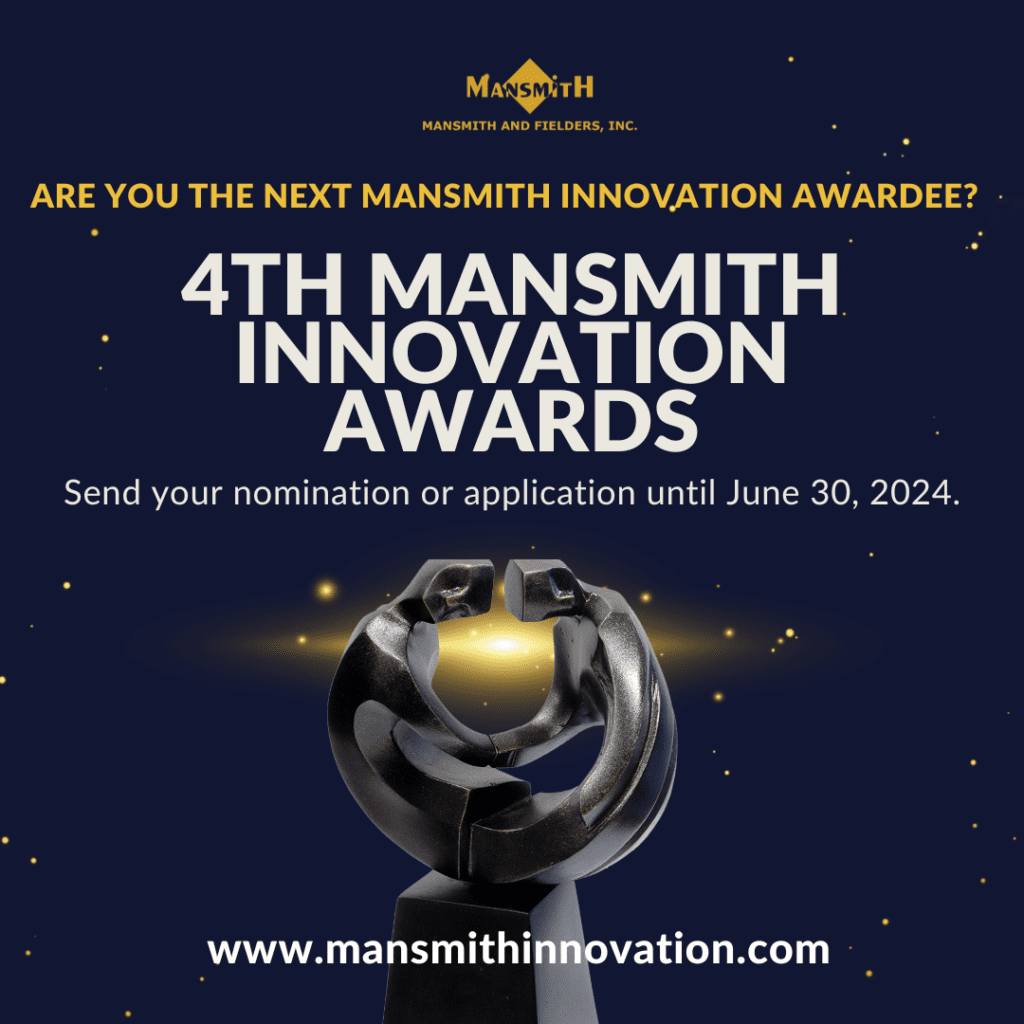
Kickstart Ventures is a Globe-backed venture capitalist company launched in 2012. They have invested in various growth companies in digital lifestyle, and e-commerce marketplace; especially those that use software as a service to make social impact. Kickstart president Minette Navarrete shares her insights about the over 35 companies they have invested in the last 6 years.
Q1: How do you spot concept winners?
A: Let’s start by defining “winners” — because Globe Telecom does a good job at the core, Kickstart’s role can be sharply defined around innovation: we look specifically for new digital solutions that have the potential for massive market impact. This can mean finding new ways to make our customers happy – like Wattpad’s amazing trove of stories and writers – or opportunities to improve the performance of our IT and network systems – like Teridion’s content acceleration. This can be B2C plays like ZAP and Coins.ph, or B2B like Lenddo and Kalibrr.
The unique characteristic of a concept winner in Kickstart’s eyes: they create real value in the real world. This could mean that they solve a real problem, or create an amazing new opportunity, with potential for massive scale. They have the potential to take a significant chunk of a large, growing market; or they could create entirely new, sizeable markets.
The “how” aka process is pretty prosaic: we listen. We listen to hundreds of pitches, we ask questions (hundreds of questions: ask anyone who’s gone through Due Diligence with us), we open the conversation for founders to ask us questions; and we encourage them to run diligence on us, as well. We test products in real life. We talk to founders, employees, advisors, customers, other investors.
Looking under the hood for ourselves is one of the things we believe in deeply. Lots of stuff will be shiny and bright and attractive; but the winners will have a robustness that will survive intense questioning, win over the skeptics, and go beyond the pretty PowerPoints.
Q2: Beyond a good concept, what will make Kickstart invest? Are these the same criteria as when you started?
A: We’ve learnt that the most important determinant is the founding team: do they have domain expertise, the ability to keep learning, the character and values that will guide them to make the right strategic decisions, and power them through the many tough times they will face. Call it execution ability, perseverance, or grit, or strength of purpose. It’s the people who make us invest.
The same is true of the quality of a startup’s cap table: the structure of ownership, and the quality of the shareholders, influence our invesment decision. There have been times when we’ve walked away, or asked for remedial re-structuring before we invest, if a startup’s equity structure means that the founders don’t have enough skin in the game, or if there isn’t well-balanced control at Board level.
Other than a winning concept and our belief in the team, we test for a sound business plan, and sustainable economics. This is different from saying “startups have to be revenue- and profit-generating from the get-go;” in many cases, we’ve told founders that we believe they need to invest more time and money to develop a market or strengthen their problem-solution fit. But we need to see a reasonable chance for financial sustainability.
We care about a unique, sustainable, compelling competitive advantage. An “unfair advantage,” if you will. Our mandate isn’t about investing in sure things; we’re aiming for the moonshots. “Swing for the fences,” is what one of our Board members told us.
By and large, these criteria are consistent with what we’ve valued when we started out six years ago. A key difference, though, is that investing in more mature startups means that there will be more data to dig through — and we love digging through data!
Q3: What have you discovered as best practices for start-up ventures?
A: There isn’t a playbook as such, or a codified set of rules, but here’s what we’ve learnt:
– You have a better shot at success if you’re solving a real problem, for a real market. Get out of the armchair, get out of the building, and engage with the world, and the market. Talk to real customers. Test your most critical assumptions, and be prepared to validate or invalidate them.
– Empirical data matters. Question intelligently. Challenge openly. Have a strong point of view, but let the data be your guide. There’s a huge difference between opinion and fact, and unless you and your team are able to see past your cognitive biases to the objective data, chances are high that you’ll make decisions and take actions based on wrong or weak assumptions. Pivot from your business model, and/or change your mind, when the data warrants it.
– A great pitch is not a substitute for a great product, or a great team. Given the popularity of pitch competitions, it’s possible to believe that a slick pitch and a flashy presentation can cover up for fundamental flaws in the product or busines model, or lack of market traction. And it is posslble to impress many people with a smooth pitch and constant publicity. But the people who matter — your customers, your shareholders, potential investors – ought to be able to see beneath the shiny facade. And long-term success requires more substance than show.
– Do the unsexy stuff. Hire the non-showy people who deliver great results without calling attention to themselves. Pay attention to customer development, cash flow, accountng, team dynamics … all the stuff that isn’t Instagrammable. This could spell the difference between robust fundamentals, and an unsustainable showpiece.
– People make the difference. Most stuff is a commodity: ideas, talk, cash. A strong team, and strong execution, are what create value.
Q4: What are the value-added propositions of venture capitalists like Kickstart?
A: Kickstart is a corporate venture capital firm, what the industry calls a CVC. We go into a deal with capital, like every other real investor. But we believe that cash on its own is not enough; in many ways, cash can be a commodity. We care about bringing more than cash: we only invest in deals where we believe Kickstart can add real value, helping startups get a quicker start, and achieve greater scale.
We do this by bringing our strategic assets into play: we leverage the resources of our parent company, Globe Telecom; and we make introductions throughout the Globe, Ayala Corporation, and Singtel systems. For most founders, this market access – the ability to open doors and make warm introductions – is one of the most sought-after value-added propositions we bring.
We are, at heart, connectors. We like to say that we break down barriers and build bridges. We help establish and nurture relationships across the natural boundaries of industry, company size, geographic location. We bring different ecosystem players together, often most fruitfully when they are worlds apart.
The other value-add we bring is our active support: we are intensely involved investors. We are accessible to our founders, especially when they seek advice, or need introductions, or want to bounce ideas off someone. We have a fantastic mentor pool, and our mentors bring real-world expertise that they generously share with our startups. Every member of Kickstart’s team interacts with our portfolio companies: we care about the startups, and the founders, and our co-investors.
At the end of the day, there will always be investors with tons more cash than us; and that’s ok. We want to invest only in startups that value us for more than the cash. They must want Kickstart on their cap table because they appreciate the strategic value that we bring.
Q5: How long do you expect a return for your investment?
A: The average gestation period for Philippine startups, historically, seems to be more than ten years: that’s the average amount of time it’s taken Philippine startups to get acquired, or to IPO. We hope that Kickstart can see exits sooner than that, but we know that it will take a lot of time and energy, and we’re here for the long haul.
* *
The search for the 4th Mansmith Innovation Awards is ongoing. Send your application/nomination here: https://bit.ly/4thMansmithInnovationAwards.

See more articles on Innovation.



Kickstarts, Patreon, and similar services are effortlessly building their businesses and list without moving a finger as well I’ve noticed. They could easily send their users to build another brand, but I’m glad they’re sticking with they great service they give.
Awesome post!